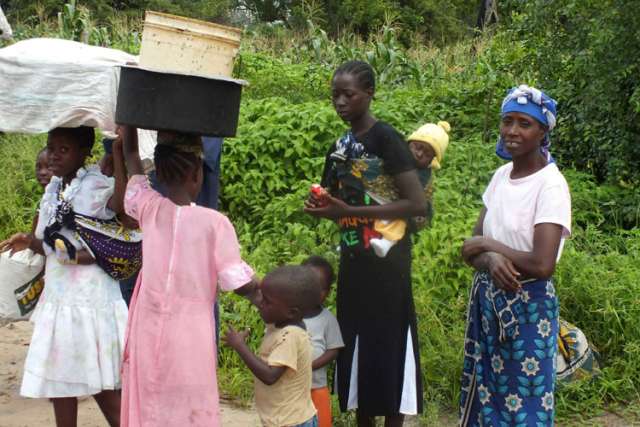A June 25 statement signed by the country's 26 bishops said the "situation has been aggravated further by the rising political temperatures on both sides of the political divide, which are tending toward negative ethnicity."
They urged politicians to "put aside their personal and party interests" to address critical issues facing the country, adding, "This is the time to show true leadership and statesmanship."
Referring to dozens killed in June alone, especially in violence along the coast, the bishops said, "The great number of lives lost in these last months and property destroyed is unacceptable and regrettable in a God-fearing country."
"We realize that part of the state of anxiety is caused by poverty and unemployment, especially among the youth. We urge the political class ... to stop misusing and manipulating the poor and the youth for political selfish ends, but rather seek to address their problems through constructive guidance and programs for economic growth."
After a five-hour-long massacre in the coastal town of Mpeketoni in mid-June, the bishops' justice and peace commission asked: "Where was the security? Where was the intelligence? Where were the police? What happened to the various roadblocks?"
The commission said the country was witnessing a situation similar to the buildup to the 2007 general elections, which ended in ethnic violence in late 2007 and early 2008.
In their statement, the bishops called for a "thorough reform of the entire security system." They also warned against outside interference, "be it ideological, political or economical."
"The solutions of this crisis must be found by the citizens of this country in keeping with the avenues provided by the constitution," they said.


